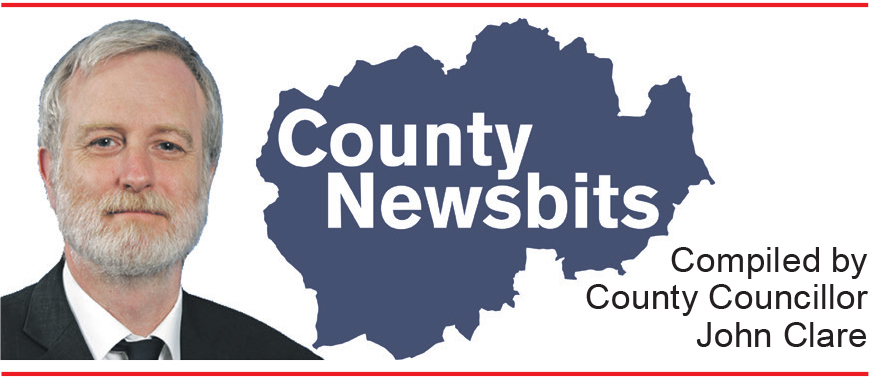A reduction in the number of children entering the youth justice system is among the achievements that will be outlined to councillors next week.
Durham County Council’s Cabinet will hear that the number of first-time entrants to the youth justice system in the county fell by 23 per cent from 2016/17 to 2017/18. The latest figures from the Ministry of Justice also show a reduction in reoffending rates among young people.
These achievements are included within a report on key work undertaken by County Durham Youth Offending Service, which will be presented to Cabinet when it meets at the Council Offices in Spennymoor on Wednesday, 10 July.
Councillors will also receive the Youth Justice Plan 2019 – 2021, a document all local authorities have a statutory duty to produce. The plan sets out how the service will continue to work to reduce first time entrants to the youth justice system, reoffending rates and the use of custody for both sentenced and remanded young people.
It will also see the service change its name to County Durham Youth Justice Service to better reflect the work it carries out.
Cllr Olwyn Gunn, Cabinet member for children and young people’s services at Durham County Council, said: “We are committed to ensuring all children in County Durham get the best start in life and can access the opportunities they need to reach their potential.
“Youth justice is an important part of that. It is vital we support children and families to prevent young people offending in the first place, and if they do offend, we need to engage with them to understand what prompted their actions and identify what we can do to stop this from happening again.
“Young people who offend are not just offenders, they are individuals with a range of attributes, skills and issues. This is why it is so important we engage with them and listen to what they have to say.”
Over the last 12 months, the service has continued to prioritise work with young people who persistently offend, adopting an intensive partnership-based approach and carrying out monthly reviews of each case. Young offenders have also carried out almost 3,000 hours of unpaid work in communities across County Durham.
Support has also been given to victims of crime, including young victims, to help re-build their confidence. The support group With Youth in Mind is now working with an average of 35 young people in County Durham at any given time.
The Youth Justice Plan 2019 – 2021 aims to build on this work, putting victims and restorative justice at the heart of everything the service does.
Other key aims include:
- Improving how the service communicates with young people and the interventions it carries outs
- Ensuring persistent offenders have access to and engage in education, employment and training activities
- Ensuring there are robust quality assurances and staff management processes in place, and a skilled management team to manage those processes
- Ensuring staff listen to and respond to what young people and families say
- Ensuring volunteering, by adults and young people, is a key component of work undertaken with young people and victims
- Ensuring the case management and administration systems provide the highest quality support to staff and managers in the delivery of services to courts, communities and young people.
Cabinet will be asked to note the contents of the report and receive the Youth Justice Pan 2019 – 2021











